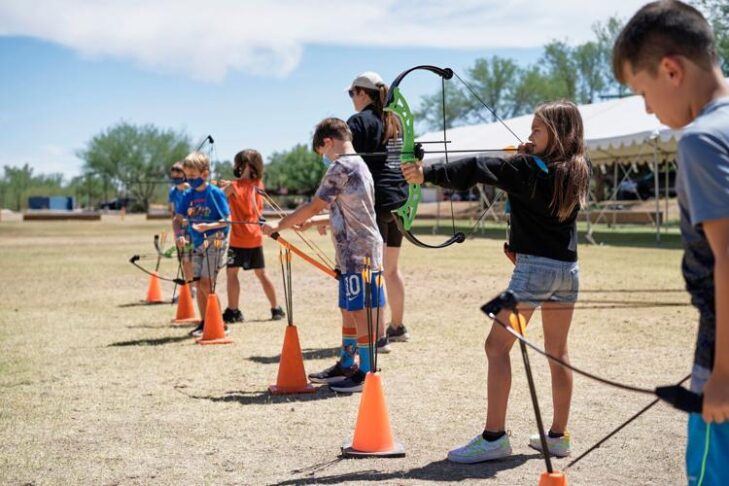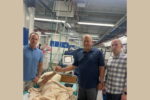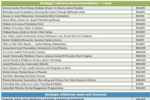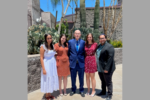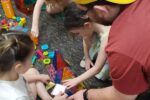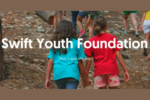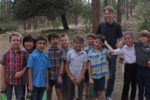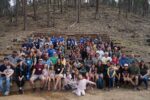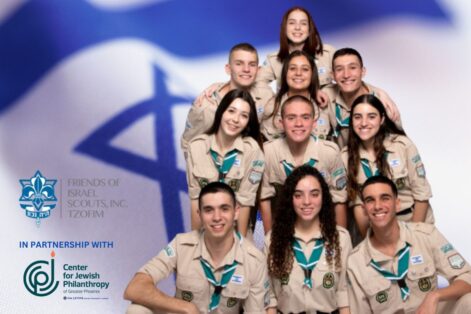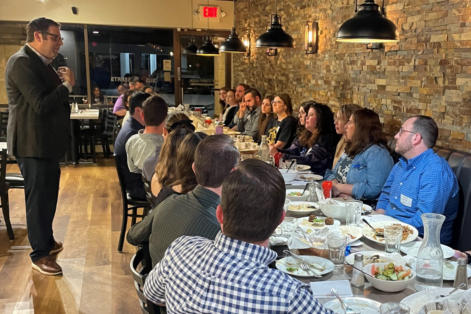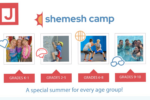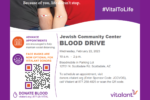(Jewish News) Internships are synonymous with summer, but not every business is offering them due to continued remote work due to the COVID-19 pandemic. In place of internships, a summer at camp can offer college students many of the same opportunities to develop their professional skills that a conventional internship would provide.
Tom Rosenberg, ACA president and CEO, says he’s aware that some camp programs will need to limit enrollment this summer due to staffing shortages.
“When camps can’t serve children due to staffing shortages, we’re taking an isolating and disrupted year for our children and making it worse,” he says. “Our kids need camp more this year than ever before. The talent pool (18- to 25-year-old college and university students) for hiring staff this summer in the United States is challenged by a disrupted college and university schedule focused on credit recovery and staying on track to graduate. U.S. camp workers are less available this year than they’ve been in the last 50 years.”
The Martin Pear Jewish Community Center in Scottsdale doesn’t seem to be impacted by staffing shortages–yet, at least. Erin Wynn, Shemesh camp director of camping services, told Jewish News the impact from COVID on staffing has yet to be seen. “Our leadership staff is almost completely staffed and I’m working hard to find the perfect specialists,” she said.
This summer, Shemesh plans to offer the “same great camp parents and campers love” despite a recent rebrand. Camp will run from May 31 through Aug. 5. Shemesh is offering a pre-camp, eight weeks of traditional camp, and a post-camp program. Among its programming, Shemesh will offer swimming, sports, cooking, art and field trips. For example, the middle schools will have weekly field trips and mitzvah projects.
Rosenberg said camp provides essential experiences for children by providing them the opportunity to learn and practice social-emotional life skills such as communication, decision-making, collaboration, teamwork, leadership, self-awareness, problem solving and independence. Campers can gain these skills with the support of a camp environment focused on keeping kids safe and healthy to mitigate the spread of COVID-19.
Wynn agreed. “It gives kids a safe place to be a kid,” she said. “Camp gives kids a chance to play, have fun, learn activities that aren’t connected to technology or screen time, learn about Jewish culture, make friends and more.”
Working at camp offers several benefits for young adults:
- Flexible positions tailored to many qualifications. If young adults are looking for a specific internship, they can contact one of the many day camps in Greater Phoenix or an overnight camp like Camp Daisy & Harry Stein and describe their interests and motivations. A camp may be able to tailor a summer camp position to match their requirements.
- Leadership skill development daily. At camp, young adults gain practical leadership skills that will serve them well in their college and future business careers. Wynn said working at camp teaches young adults how to work with different types of people and how to be a team player. “They learn how important it is to be at work and how people (big and small) are depending on them,” she said. “It also teaches them work ethic and taking responsibility for all of their actions.”
- A sense of adventure. After a challenging year amid the COVID-19 pandemic, working at camp offers a short-term opportunity for young adults to try something new, different and impactful while meeting new people and experiencing new surroundings. Camp allows young adults to learn more about what they want–and don’t want–from a post-college career.
Rosenberg noted camps have implemented mitigation strategies to address the pandemic “to safely operate in person.”
Even with these COVID-19 mitigation efforts in place last year, the 2021 camping season saw an increase in new family registration and attendance.
This article was originally posted on Jewish News.
This post has been contributed by a third party. The opinions, facts and any media content are presented solely by the author, and JewishPhoenix assumes no responsibility for them. MORE


